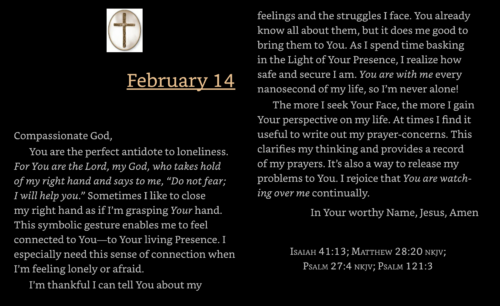The Feelings of God
In his 1980 talks on the Hebrew prophets, Father Richard identified the passion of the prophets, which is also the passion of God:
The prophets provide a journey into the heart of God. Their images and words and dramas oftentimes seem exaggerated and absolutist. These are somehow an attempt to draw humankind into the pathos, the feeling, the intensity, the pain, even, that characterize the heart of God.
If we look at it too logically, we may say, “Well, that’s a misuse of words.” We might say that God doesn’t have pain, feeling, desire, or anger. Yet prophets dare to use those words and images because the prophets are speaking to us. The prophet knows that these are words we can understand, that we can enter into, and that will somehow assimilate us into the heart of God….
Let’s come at it the other way around. We know and we feel; if we are children of God, then somehow what characterizes our heart and humanity must be reflected in who God is. Maybe the only way to get a handle on who God is, is to speak of desire, to speak of anger, to speak of longing, to speak of love. And so we dare to do it, and the prophet dares to do it.
Scholar and activist Rabbi Abraham Joshua Heschel (1907–1972) describes the shared experience of feeling between God and a prophet:
The fundamental experience of the prophet is a fellowship with the feelings of God, a sympathy with the divine pathos, a communion with the divine consciousness…. The typical prophetic state of mind is one of being taken up into the heart of the divine pathos. [1]
Richard continues:
Prophets don’t try to be logical. Perhaps this is why prophets get closer to the Divine Reality than many of the more rational and prudent, logical and theological approaches to God. If we’re looking for prudence and balance, we don’t read the prophets. That’s not their vocation. They’re not called to be that. In a world that is so one-sided, always looking for the self-preserving, careful, cautious, and protective way, the prophet feels they must stand way over at a distance and pull humanity to the other side. They must help humanity experience the pathos of God, the pain, the feeling, the longing, the desire of God….
If teachers give us the ideas of God, then prophets give us the feelings of God. This helps us see Jesus as both prophet and teacher. Jesus speaks the word of God, the ideas of God, but combines with them the feelings of God. That’s what it means to have a whole understanding of reality. We know so much more than we understand, at least if we’re listening. If we’re learning how to listen, we know so much more than we understand. What the prophets do is help us to know what we know.
